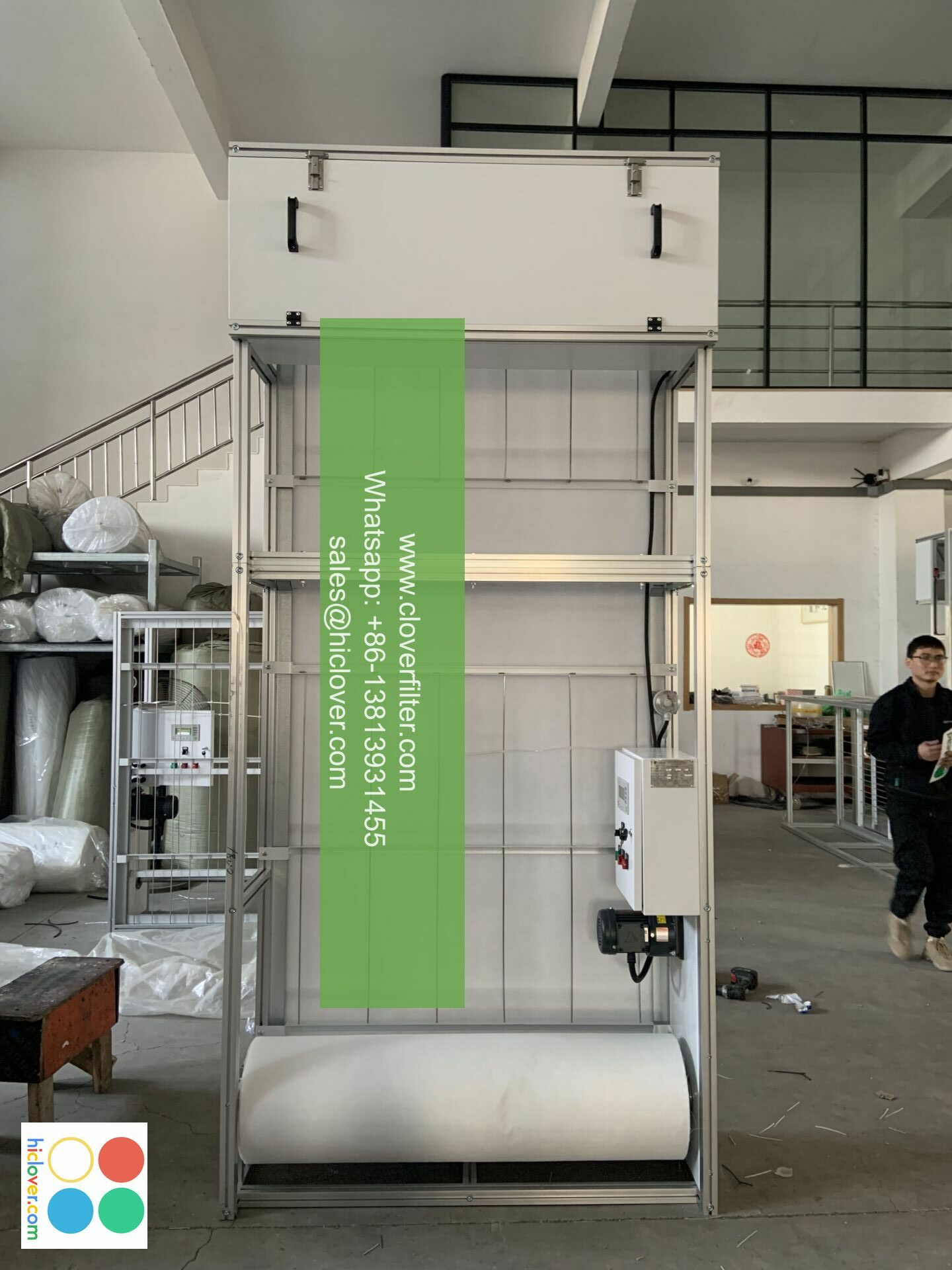HEPA Air Filters: What They Are and How They Work

Understanding HEPA Air Filters: The Importance of Clean Air
What is a HEPA Air Filter?
High-Efficiency Particulate Air (HEPA) filters are designed to capture 99.97% of particles as small as 0.3 microns, making them an essential component in maintaining a healthy indoor environment. By removing unwanted particles and contaminants from the air, HEPA air filters promote cleaner air circulation, improving indoor air quality, and reducing the risk of respiratory problems.
How HEPA Air Filters Work
HEPA air filters work by using a unique membrane technology that consists of a mat of interwoven fibers, typically made from polyester or glass. These fibers are designed to attract and trap particles as small as 0.3 microns, including:
• Dust mites: The microscopic creatures that thrive in dusty environments, causing allergies and asthma.
• Pollen: Tree, grass, and weed pollens, common allergens responsible for respiratory issues.
• Pet dander: The tiny flakes of skin shed by animals, which can exacerbate allergies.
• Mold and bacteria: Contaminants that can cause respiratory problems, infections, and unpleasant odors.
• VOCs (Volatile Organic Compounds): Chemicals emitted by building materials, furniture, and cleaning products, which can pose indoor air quality risks.
Key Features and Benefits of HEPA Air Filters
• High Efficiency: HEPA air filters can capture particles as small as 0.3 microns, making them highly effective in removing pollutants and allergens from the air.
• Long-Lasting: HEPA air filters are designed to be replaced less frequently, reducing maintenance costs and waste.
• Effective against a wide range of contaminants: HEPA air filters are equipped to handle a variety of pollutants, from dust and pollen to pet dander and mold.
• Improves Indoor Air Quality: By removing contaminants and particles, HEPA air filters improve the overall indoor air quality, reducing the risk of respiratory problems and unpleasant odors.
Application Areas for HEPA Air Filters
HEPA air filters are not limited to residential use, as they also have numerous applications in various industries, including:
• Commercial Buildings: Office spaces, hospitals, and schools require effective air filtration systems to maintain a healthy indoor environment.
• Home Remediation: HEPA air filters are essential for home cleaning, particularly for individuals with allergies or respiratory issues.
• Automotive: Modern cars often come equipped with HEPA air filters, improving air quality and reducing interior odors.
• Industrial Manufacturing: HEPA air filters are used in various industrial settings, such as cleanroom environments, to ensure high-quality air circulation.
• HVAC Systems: Heating, ventilation, and air conditioning systems often incorporate HEPA air filters to maintain optimal indoor air quality.
Conclusion
In conclusion, HEPA air filters are a vital component in maintaining a healthy indoor environment, capable of capturing 99.97% of particles as small as 0.3 microns. By understanding how HEPA air filters work and their applications, individuals can better appreciate the importance of clean air and the role that HEPA air filters play in promoting a healthier, more comfortable living and working space.
I’m happy to help! However, I don’t see a prompt from you. Could you please provide me with more information on what you’d like to talk about or what kind of assistance you need?


